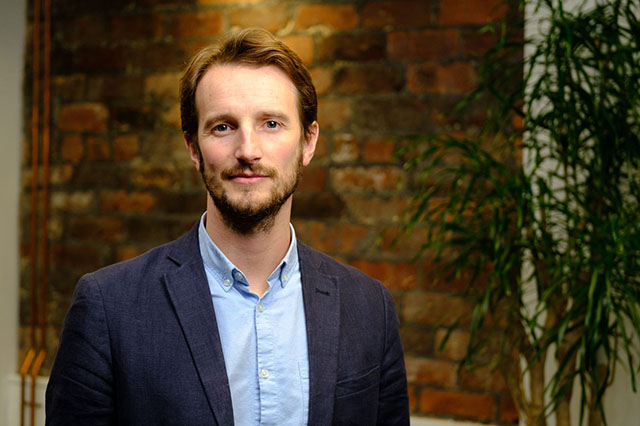
www.buildingsandcities.org/about/david-glew.html
David Glew

Professor David Glew is the Head of Energy Efficiency and Policy in the Leeds Sustainability Institute, based at Leeds Beckett University, where he undertakes research into the sustainability of the built environment.
He has special interest in the embodied and operational energy use of buildings, improving building performance evaluation tools and models and investigating how behaviour change can address issues including indoor air quality, thermal comfort, the performance gap and achieving zero carbon living.
His recent research projects have evaluated the energy performance and risks associated with domestic retrofits and investigated the robustness of building energy models and thermal simulations.
Latest Commentaries
COP30 Report
Matti Kuittinen (Aalto University) reflects on his experience of attending the 2025 UN Conference of the Parties in Belém, Brazil. The roadmaps and commitments failed to deliver the objectives of the 2025 Paris Agreement. However, 2 countries - Japan and Senegal - announced they are creating roadmaps to decarbonise their buildings. An international group of government ministers put housing on the agenda - specifying the need for reduced carbon and energy use along with affordability, quality and climate resilience.
Building-Related Research: New Context, New Challenges
Raymond J. Cole (University of British Columbia) reflects on the key challenges raised in the 34 commissioned essays for Buildings & Cities 5th anniversary. Not only are key research issues identified, but the consequences of changing contexts for conducting research and tailoring its influence on society are highlighted as key areas of action.